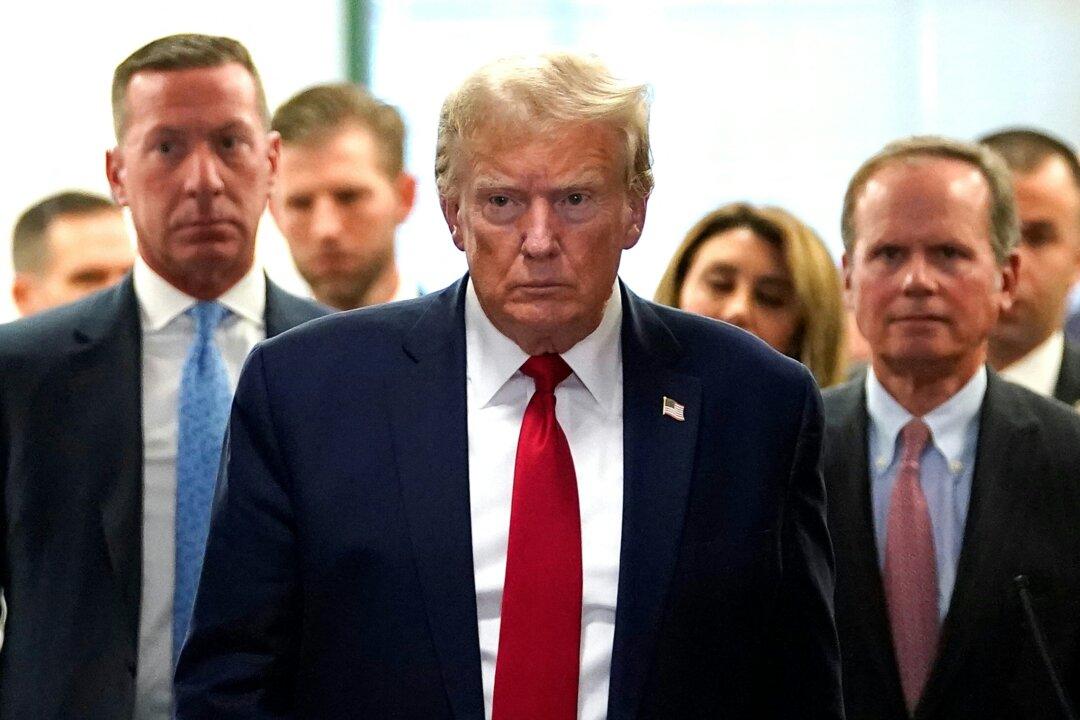Former President Donald Trump said on Dec. 10 that he'll no longer take the witness stand in the bench trial for a civil fraud case against him in New York.
“As everyone knows, I have very successfully and conclusively testified in the corrupt, Biden-directed New York State Attorney General’s rigged trial against me,” he wrote on the Truth Social platform. “World-renowned experts, highly respected bank and insurance executives, real estate professionals, as well as others, both honest and credible, have stated, clear and unequivocally, that I, and my very successful company, did nothing wrong!





